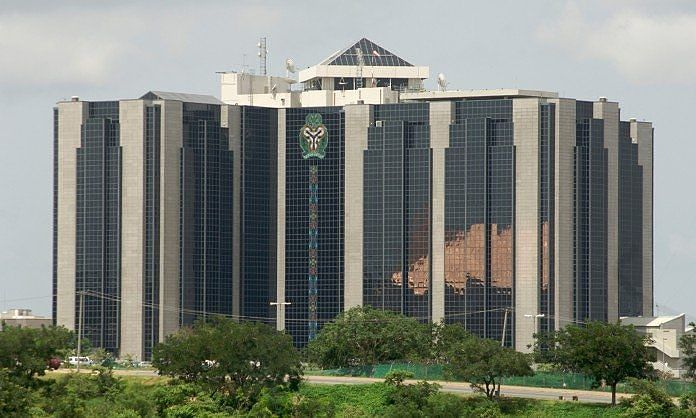As technological advancements reshape Nigeria’s financial services sector, millions of consumers are at risk of being left behind. The rapid pace of innovation has created a widening gap between the industry’s offerings and the average consumer’s ability to understand and navigate these new systems. This growing divide puts the onus on key stakeholders—including regulators, financial institutions, and the media—to ensure that consumers are not only educated but adequately protected in this fast-evolving financial ecosystem.
In today’s environment, safeguarding consumers involves much more than just shielding them from fraud. It requires a comprehensive approach that encompasses financial literacy, institutional accountability, and transparent communication. As the Nigerian banking system becomes increasingly digitalized, the need for collaboration between stakeholders has never been more urgent. Consumers must be equipped with the knowledge and tools to understand their rights, and financial institutions must be held accountable for their conduct. This approach is vital in building a resilient financial system founded on public trust.
The necessity of consumer protection in banking is underscored by the dramatic rise in customer complaints. By June 2024, complaints from Nigerian banking consumers surged to 6.87 million, marking a 117 per cent increase compared to the previous year. The claims associated with these complaints also soared, totaling N326.11 billion, up from N83.78 billion in 2022—a staggering 289 per cent increase. This uptick highlights systemic issues in the industry that, if left unaddressed, could erode trust and confidence in the financial system.
In response, the Central Bank of Nigeria (CBN) has implemented stricter consumer protection measures. One such directive mandates that banks resolve customer complaints, particularly those related to ATM issues, within 72 hours, or face fines of N100,000 per day for non-compliance. This regulatory push is part of a broader effort to ensure faster dispute resolution and improve the overall customer experience in the banking sector.
Trust is the cornerstone of a stable financial system. Effective consumer protection measures not only safeguard individuals from exploitation and fraud but also reinforce public confidence in the industry. When consumers feel secure, they are more likely to engage with financial services, thereby driving growth and stability in the sector.
Beyond trust, consumer protection plays several critical roles, including fostering financial literacy, ensuring transparency, reducing systemic risks, and enhancing consumer rights and redress mechanisms. These efforts ultimately promote responsible business conduct and encourage a fairer financial landscape.
Despite these advancements, significant challenges remain. Limited financial literacy, especially in rural areas, leaves many Nigerians vulnerable to exploitation. A large portion of the population struggles to comprehend the complexities of financial products, making them easy targets for predatory practices.
Furthermore, while the CBN has introduced regulations such as the Consumer Protection Framework (CPF), enforcement has been inconsistent. Financial institutions are often more focused on profit than consumer welfare, and weak penalties for malpractice mean there is little accountability. Strengthening these enforcement mechanisms is critical to ensuring that consumer rights are upheld across the board.
The increasing digitisation of financial services has brought convenience to many, but it has also widened the inclusion gap. Technological barriers, such as limited access to digital platforms and poor infrastructure, have made it difficult for many consumers, particularly those in underserved areas, to access basic financial services or seek redress for grievances. These challenges highlight the need for more inclusive financial solutions that cater to the needs of all Nigerians, not just the technologically adept.
To address these issues, the CBN, in collaboration with other stakeholders, launched the National Financial Literacy Framework (NFLF) in 2015. This framework outlines the roles of various stakeholders in delivering financial literacy programs to different target groups, aiming to bridge the knowledge gap and promote financial inclusion.
The NFLF’s primary objective is to engage stakeholders in financial education and foster collaboration. By creating platforms for interaction, the framework seeks to ensure that all parties involved—consumers, regulators, and institutions—are aligned in their efforts to build a safer and more transparent financial system.
As Nigeria’s financial landscape continues to evolve, the protection and education of consumers must remain a top priority. Only through sustained collaboration, robust regulatory enforcement, and ongoing efforts to boost financial literacy can the country create a financial ecosystem that benefits everyone.





